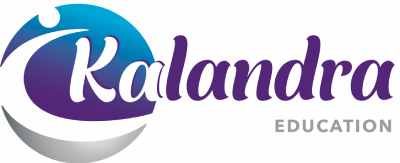The person with intellectual disability has problems with general mental abilities and shows limitations in intellectual and adaptive functioning that restrict their ability to live, work and play effectively (Schaepper, Hauser, & Kagadkar, What is Intellectual Disability, 2021). The deficits in the intellectual and adaptive functioning of the individual happens during the developmental period. About one percent of the population has intellectual disability and within that population, there is around 85% who have mild intellectual disability.
Intellectual disability affects a considerable portion of the person’s life as well as the family and society. The problems in cognitive abilities of the person affects how the person learns, remembers, and utilise information or knowledge (Shree & Shukla, 2016).
Intellectual Disability (ID), is a problem that becomes more evident as the person ages and is defined as being acquired before the age of 22 (American Association on Intellectual and Developmental Disabilities) Individuals with this condition can and do achieve new abilities; however, they learn them slowly.
This short course is designed to provide information on the following:
- Understanding intellectual disability
- History
- Prevalence
- Impact of living and on learning
- Etiology and risk factors
- Diagnosing intellectual disability
- Signs and symptoms
- Disagnostic criteria for intellectual disabilities: DSM-5 criteria
- Classification of severity
- Prognosis of intellectual disability
- Treatment of intellectual disability
- Related conditions
- Person centred care approach and evidence based approach
- Intellectial disability and mental health
This module is delivered online and is learner driven. There is no maximum time required to complete the set learning hours.
Estimated number of hours: 4- 6 hours theory and counts for 3 hours of professional development hours. No assessment is provided.
Should you wish to recieve an electronic certificate at the completion of your study please contact shop@kalandra.ac.nz for this to be organised for you.
If you are a healthcare assistant in New Zealand wishing to upskill, please go to Kalandra Education Group’s website to see the NZQA approved programmes available to New Zealand Citizens and Permanent Residents.







